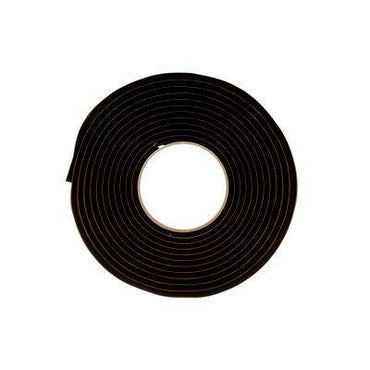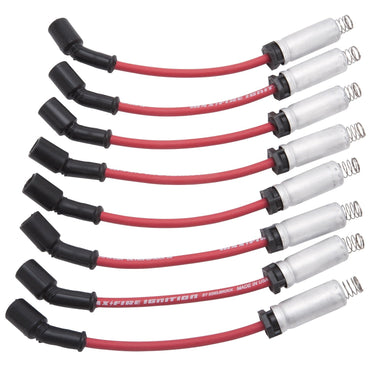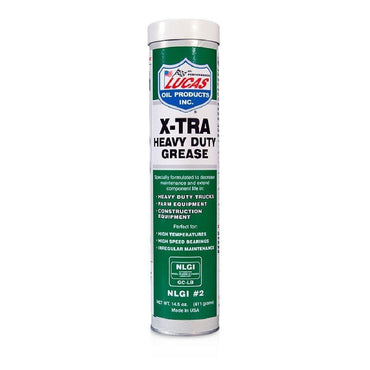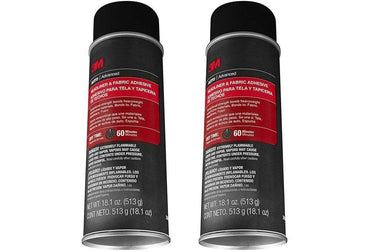Car manufacturers have come a long way to finding the best solution in improving suspension technologies in heavy-duty trucks. They have scaled from the very basic of springs design to a modern air suspension system with hydraulic shocks.

The peak is yet to be reached. However, today automobile manufacturers are taking another leap to improve the previous suspension system design by adding the latest technology. The technology has added more damping control, improved dampers, and air springs.
It also provides you with a ride height sensor that gives you information on the height position of your vehicle's body. It deploys auxiliary suspension automatically and even have a body roll control sensor that monitors cornering.
Given all these benefits, what suspension system do you think is suitable for your fleet? Keep reading as we dig deep into heavy-duty truck suspension.
Why Do I Need a Heavy-duty Suspension System?
Truck suspensions for heavy-duty trucks perform complex and conflicting functions. They have been much development in this nitch. We all know that a suspension system helps negate the forces a car receives from driving on the road.
However, car suspension technology varies, and they perform different functions. For heavy-duty trucks, the suspension system will help increase the vehicle load capacity and prevent sagging when posed to too much weight.

What Type of Suspension Do I Need?
Like earlier mentioned, the type of suspension system you would need depends on the type of vehicle you drive. When you look between classes 1-9, you would definitely see the category your car falls in.
Heavy-duty cars fall into class 7-8, and they most often tandem-drive axles with a 6x4 configuration. These vehicles can use leaf spring suspension systems because of the amount of weight they handle.
They are best suited for heavy-duty cars, rear-wheel-drive cars, and SUVs than coil springs. However, you would have to sacrifice comfort because your ride won't be as smooth. They can also use a mechanical steel spring, rubber spring, or air suspension system.
4WD flux enthusiasts are always after comfort. Flex is the amount of movement your wheels can have. Flex helps determine whether your wheels are well planted on the surface or off the ground, which influences how your vehicle tilts.
When you consider comfort and durability for your 4WD vehicles, the best suspension to get is either the solid axle or independent suspension.
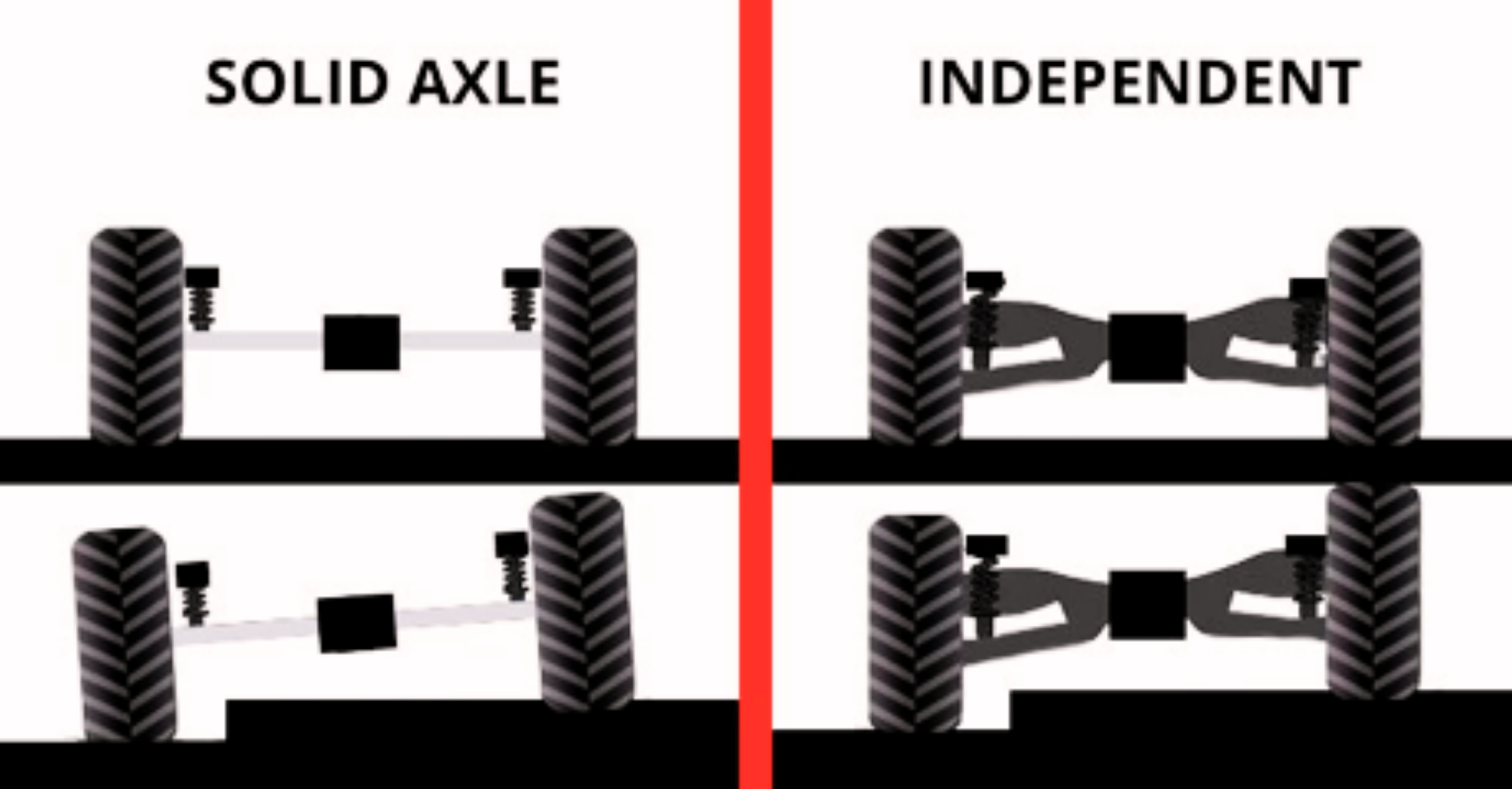
Do I Need Heavy Duty Suspension?
Show a vehicle to a random person off the street; all they will see is just a vehicle, nothing more, nothing less. Show the same vehicle to a truck driver or a fleet manager, and you will see how they begin to compute and place the vehicle into its proper class.
Well, "How do you know if you need a Heavy-duty suspension?" To know if you need a heavy-duty suspension, you should be able to classify your car and place them in the correct catalog.
Cars are categorized in classes and they range from class 1 all through to class 9. They are classified this way based on their weight, payload, and license type. Other elements factored in this signifies what the vehicle is meant to do.
For heavy-duty vehicles, they can be classified under 7 and 8. This is where you find the commercial vehicles and other big rigs. This class covers city vehicles such as garbage trucks, street sweepers, and transit buses.
Others include furniture trucks, and smaller semis also fit into this category. In class 8, you can also see the dump and cement trucks, Kenworth’s Freightliners, and Peterbilt’s, which are the big rigs in the industry.
Therefore, you would need a heavy-duty suspension if your vehicle falls into this category.
All-Terrain Vehicles (ATVs) can use an independent suspension system, specifically the double-wishbone suspension. This suspension system helps maintain traction, hence improving performance on uneven surfaces.
How to Improve the Suspension of Your Vehicle?
For obvious reasons, it is best not to only focus on the interior and exterior of your car but also on the suspension system. Many car owners will not even realize how bad their suspension system is until they experience a bumpy ride.
Experts in car service have some options to help improve the quality of your car suspension system. Here are some of the best options to help improve your pickup truck suspension.
Upgrade or Replace Shocks and Struts
One of the fastest ways to improve your bumpy ride is to upgrade your car shock. Shocks are one of the most vital components of a suspension system, and sometimes, it could be all you need to fix your stiffy ride. However, be careful not to over tweak the upgrade. It would be best always to replace shocks and struts in pairs front axle or the rear axle. It's even better if you have all four wheels replaced at the same time.
Reinforce Spring
If you are considering some heavy hauling, you might want to reinforce your spring. Leaf spring, a common rear suspension system for most pickup trucks, can benefit by either adding an extra leaf or a spring helper. The function of the spring help is to add more strength and support to the existing leaf.
Use the Best Lift Kit
Lift kits can add an inch to 12 to your suspension. However, you need to be careful while using a lift kit because an over-tuned car can leave a devastating result, hence sacrificing your comfort. An inch or 2 is okay.
Install Air Spring
To avoid sag or bounce in your pickup truck, consider installing airbags to your springs. This will help reduce the bounciness you face on uneven surfaces. It can also help soften the impact of vibration on the truck.
Use Bigger Wheels and Tires
Besides upgrading your springs and shocks, you should also consider using bigger wheels and tires to create a balance. The added lift that results from bigger wheels and gives your truck a cushion balance to provide you with a smoother ride.
How to Choose the Right Suspension System?
From a humble beginning, suspension systems have benefited most drivers and fleet managers in reducing operating costs and improve efficiency. Having to tune your vehicle shouldn't come with any hassle. Knowing your type of vehicle and its function can help you choose the best suspension system for the best performance.
